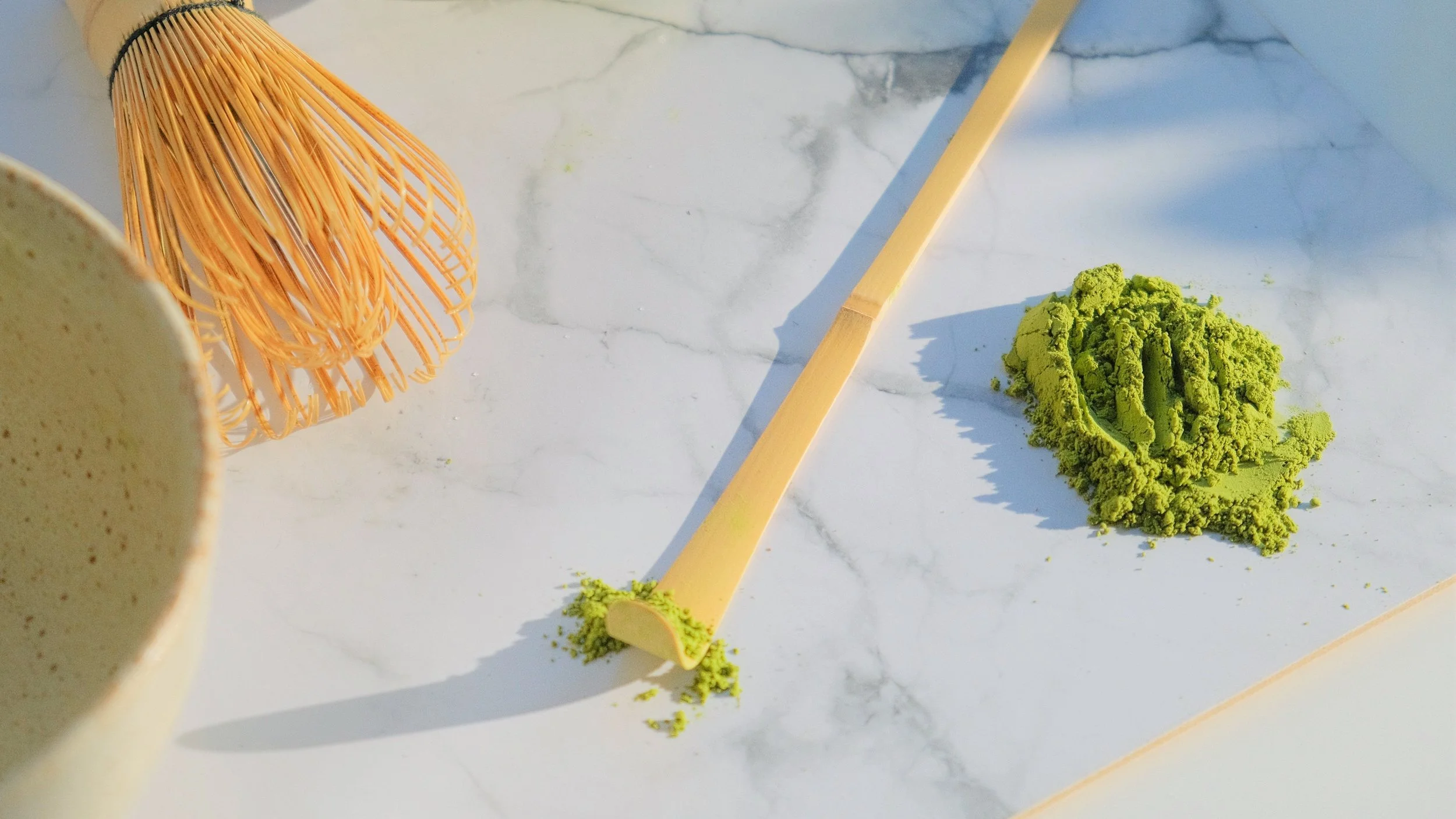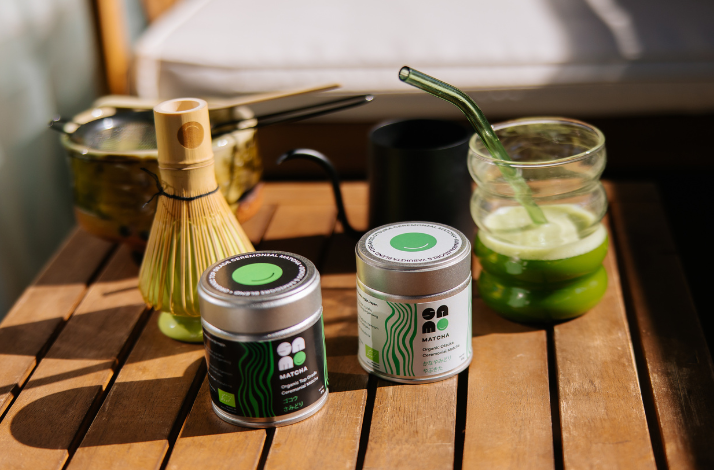Myths and facts about Matcha: Debunking common misconceptions
Matcha tea has become a real hit among healthy beverage enthusiasts in recent years. However, its growing popularity has brought a lot of misinformation. It's time to bust some of the most common myths surrounding this green super drink!
Myth #1: Matcha contains too much caffeine
Fact: While matcha does contain caffeine, the amount is moderate and released gradually.
Many people worry that matcha will make them overly jittery due to its caffeine content. The truth is, a cup of matcha has about 70 mg of caffeine, which is less than the average cup of coffee (95–200 mg). What makes matcha special is L-theanine, an amino acid that slows down caffeine release, providing long-lasting energy without the typical discomfort associated with high caffeine intake.
Myth #2: All green teas offer the same benefits as matcha
Fact: Matcha contains higher levels of nutrients compared to regular green teas.
Although all green teas come from the same plant (Camellia sinensis), matcha is unique because you consume the whole leaf in powdered form. This means you get 100% of the tea's nutrients, compared to just 10–20% you get from standard green teas. For example, SAMO Matcha offers organic Top Grade Uji Ceremonial matcha, rich in antioxidants and amino acids—ideal for those seeking the maximum health benefits.
Myth #3: Matcha is just a passing trend
Fact: Matcha has a long history and proven health benefits.
While matcha may seem like a recent craze, it has been used in Japan for centuries. Scientific research confirms numerous health benefits of matcha, including improved cognitive function, enhanced immunity, and boosted metabolism.
Myth #4: All matcha is the same
Fact: There are significant differences in quality and flavor among various types of matcha.
Just like wine, there are different grades and varieties of matcha. SAMO Matcha offers several types, from premium ceremonial matcha to culinary matcha for desserts. Each type has its own unique flavor profile and application.
Myth #5: Matcha is bitter and tasteless
Fact: High-quality matcha has a rich, umami flavor with a hint of sweetness.
If you've tried matcha that tasted bitter, you likely encountered a low-quality product or it was prepared incorrectly. Premium matcha, such as SAMO Matcha organic ceremonial grade, has a rich, creamy taste with umami notes and mild sweetness.
Conclusion: Facts Triumph Over Myths
Matcha is more than just a trend—it's a beverage with a long tradition and proven health benefits. By dispelling these myths, we hope to inspire you to explore the world of matcha. Whether you're a beginner or a devoted enthusiast, SAMO Matcha offers a wide range of high-quality organic matcha products to suit every palate and need. From ceremonial matcha for special occasions to culinary matcha for creative cooking, it's time to discover the true power of this green super drink.


